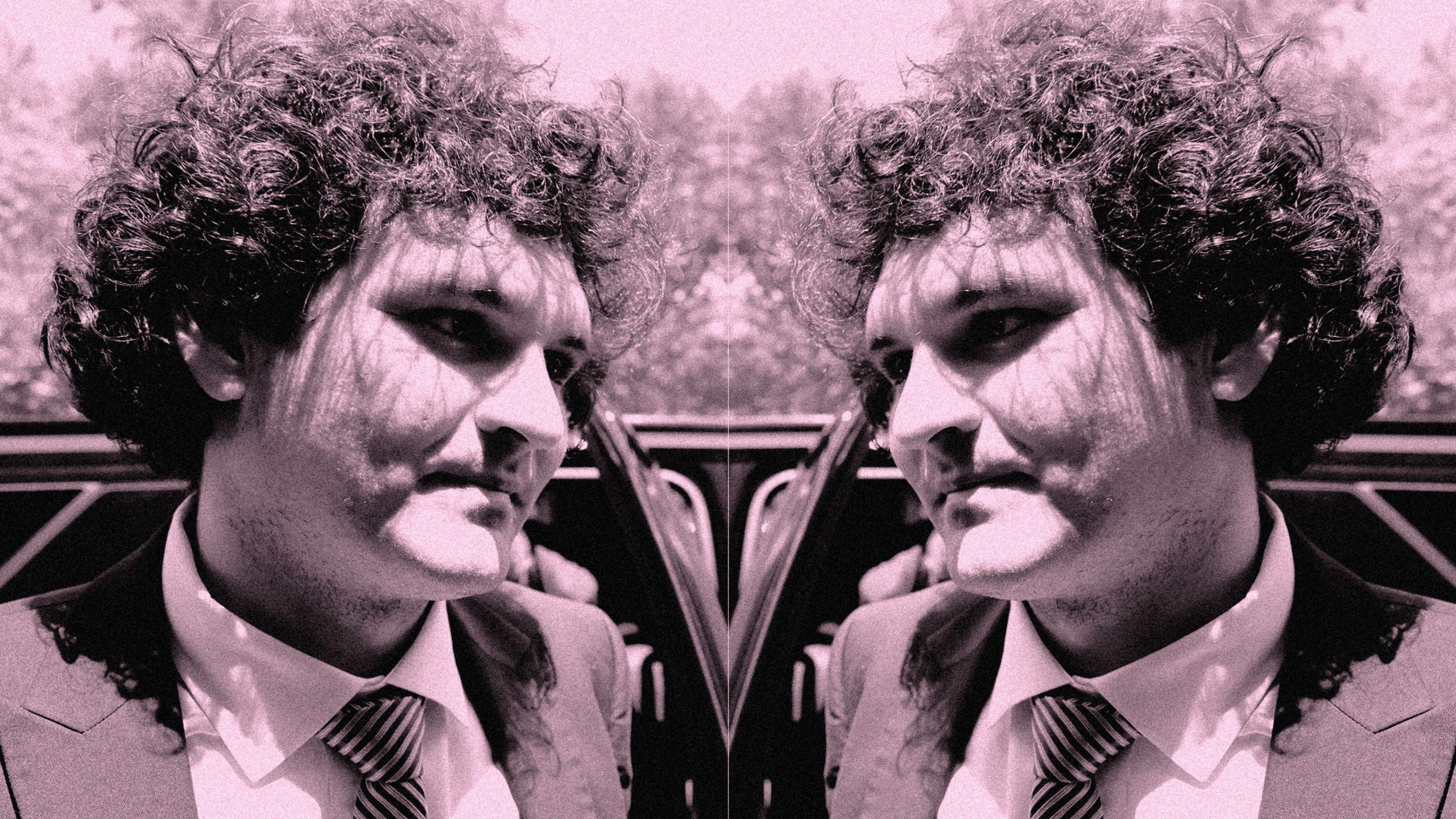How Sam Bankman-Fried made things worse for himself with his arrogance
For someone obsessed with betting, SBF turned out to be a pretty lousy gambler.
BY James Surowiecki
Sam Bankman-Fried, who was sentenced to prison for 25 years on Thursday for having pilfered customer funds from his crypto exchange FTX, became famous for thinking about pretty much everything in life as a series of gambles. And the correct decision was always to bet on whatever option had, in economist-speak, the higher expected value. As Michael Lewis, author of Going Infinite, put it, Bankman-Fried (who’s colloquially referred to as SBF) thought of the world in terms of probabilities, not principles. The funny thing is that for someone obsessed with betting, SBF turned out to be a pretty lousy gambler. And while that approach seemed to serve him well while he was building FTX, it’s also the reason his trial ended the way it did.
Gambling was at the root of the crime that got SBF in trouble at FTX. SBF gambled that it would be okay to take customer funds and use them to place big bets on crypto investments, even though he knew that was both against the law and very risky, given crypto’s tremendous volatility. Though he wasn’t offered a plea deal, he could have pled guilty and thrown himself on the mercy of the court. Instead, he chose to go to trial, even though his coworkers and closest confidantes would be testifying against him and the evidence against him looked overwhelming. Finally, once the trial started, he gambled on testifying in court, something defendants are typically counseled against doing since it means exposing themselves to cross-examination by prosecutors and raising the possibility of perjuring themselves on the stand (which in turn could lead the judge to impose a longer sentence if a defendant is found guilty).
To be fair, given the reams of evidence the government presented, one can maybe understand why SBF thought the gamble of testifying made sense: His chances of winning the case at that point were so small that taking the stand and throwing a Hail Mary might have seemed like the only reasonable option. If he could offer up a convincing, full-throated explanation for what he had done, make the case that the misappropriation of funds had been the result of sloppiness and poor controls rather than outright theft, and come across to the jury as a well-meaning guy who had acted in good faith but got sabotaged by events outside his control, perhaps he could have saved the day.
Oddly, though, SBF did none of those things. Instead of being forthright and believable, he was evasive when answering the prosecutor’s questions, hemming and hawing, repeatedly saying, “I don’t remember,” asking the prosecutor to restate questions, and generally failing to make a good impression on the jury. His dodging and waffling—as well as his telling downright lies, including, for example, that he’d had no idea until fall 2022 that his hedge fund, Alameda Research, had used FTX customer money—made him a thoroughly implausible, unreliable witness, and did nothing to increase his chances of winning a not-guilty verdict.
Indeed, the only thing SBF seemed to have accomplished by testifying was frustrating and annoying Judge Lewis Kaplan, who, at one point in the trial, with the jury out of the courtroom, said of SBF, “The witness has what I’ll call an interesting way of answering questions.” (“Interesting” was not meant as a compliment.) Listening to the statement Judge Kaplan made on Thursday explaining the reasons for the 25-year sentence, it was hard not to conclude that by perjuring himself and angering the judge, SBF’s decision to testify, and to do so in the way he did, contributed to increasing his time behind bars.
Judge Kaplan, for instance, specifically cited Bankman-Fried’s testimony, describing it in less-than-glowing terms: “When not lying, he was evasive, hair splitting, trying to get the prosecutors to rephrase questions for him. I’ve been doing this job for close to 30 years. I’ve never seen a performance like that.” And he spoke of SBF’s “exceptional flexibility with the truth” and his “apparent lack of remorse.” That helps explain the most striking justification the judge gave for his sentence—namely, that it was important to put SBF away for a long time not just to punish him or deter others, but because he was someone who, if set free, would be at serious risk of committing financial crimes again.
SBF’s gamble on testifying, then, looks less like the result of some hyperrational calculation and more like the decision of someone who was willing to take the risk of testifying because he didn’t really understand (or didn’t care about?) what might go wrong. The same could be said about the crimes he committed. Using FTX customer funds to make big crypto bets may have been a gamble that the potential benefits of those bets coming good outweighed the risk of his customers losing their money and him going to prison. But even if you set aside considerations of right and wrong, that gamble looks not at all hyperrational and more foolishly reckless.

What all these bets had in common was they were the product of a certain arrogance on SBF’s part, a conviction that the rules could be ignored, or gamed, and an indifference to the consequences of failure. These qualities were a big part of how SBF built FTX in the first place, gambling that he could build a new crypto exchange from nothing, and exploit legal loopholes to keep regulators at bay. But those are the very same qualities that led to FTX’s demise—as well as the ones that helped ensure Bankman-Fried will spend the next two decades of his life in prison.
(3)










